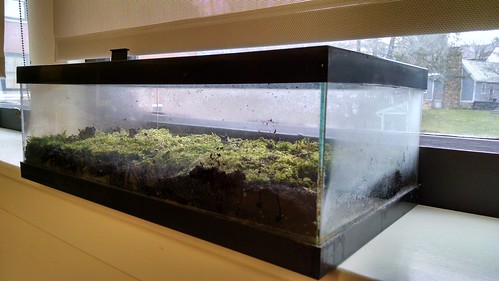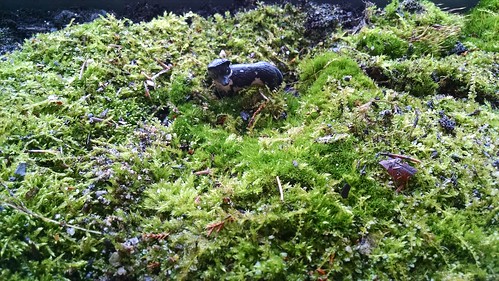Limits of persuasion
Recently, on Facebook, I was forced to acknowledge that a "friend" — a former roommate from college — was trolling me. He would pretend to engage with me, like he was interested in having an actual discussion when, in fact, he was simply posting false, inflammatory articles just to see if he could get me to waste my time responding to them. I say that because it requires little effort to investigate the reputation of the authors or the sites distributing the posts to determine that they are, in fact, specious. And he's a lawyer and clearly capable of performing the necessary due diligence.
is bemused by seemingly educated folks sharing fake science for the lulz, "hur hur… Love is war! Up is down! Knowledge is stupid! hur hur…"
— Steven D. Brewer (@limako) February 5, 2017
Another so-called "friend" rejects science and shares pseudoscientific racist posts from neo-nazi websites, but in his case, he may simply be too limited to understand what he's looking at.
But I'm left with a quandary. Many people I know simply block or unfriend people like this. I haven't wanted to do this because like Steve Randy Waldman, I genuinely believe in persuasion: The greatest mistake we can make, in my view, is to not try to persuade.
Persuasion is not about elegant logic or Oxford-style debates. It is about interacting, with good will and in good faith, with people who look at things differently, and working to understand how they see things so that you can help them understand how you see things. Persuasion involves a meeting of minds, and very frequently alterations of circumstance and behavior by all involved.
Then today, I saw Quinta Jurecic's Bannon in Washington: A Report on the Incompetence of Evil:
Trolling reflects a profound lack of sincerity, even a hostility to sincerity. It allows the speaker to make an offensive declaration and then insist that his or her (usually his) statement was just intended to make you mad—that you’re the real fool for taking this seriously. The speaker gets to say the thing and also gets to deny responsibility for it. The troll believes that people who care about things are chumps and that the only wise way to go through the world is with a level of ironic detachment that borders on nihilism. Trolling isn’t just about being offensive. It’s about being gleefully offensive.
And that sounds exactly like what I'm seeing.
Persuasion requires good will and good faith on both sides. Don't feed the trolls.
- Read more about Limits of persuasion
- Log in to post comments




